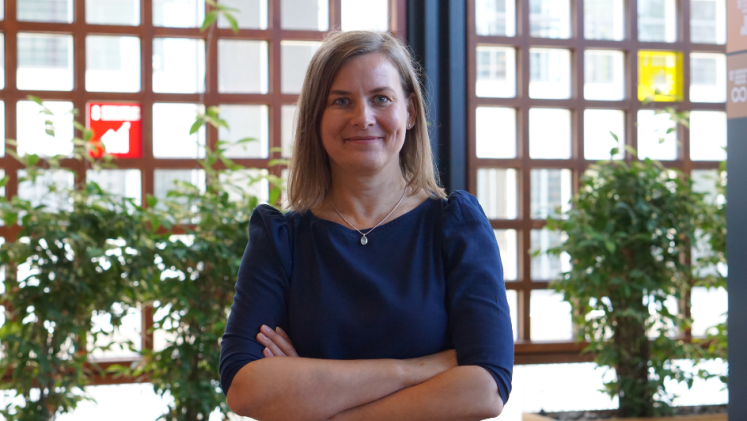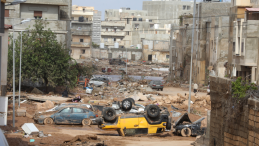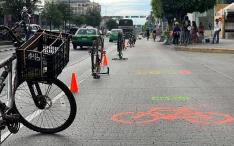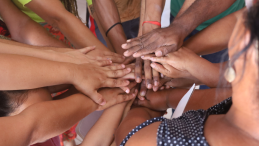In the context of ongoing urbanization and growing impacts from disasters, the issue of loss and damage in urban areas has become more critical than ever, particularly for those living in informal settlements. Simone Sandholz, a senior expert and Head of the Urban Futures and Sustainability Transformation (FAST) Programme at UNU-EHS, sheds light on the complexities of urban vulnerability and the steps needed to address these challenges.
In a nutshell, can you explain what loss and damage is and how this is relevant for cities?
Loss and damage as a concept was introduced during the 2007 UN climate negotiations. While mitigation focuses on reducing emissions and adaptation aims at adjusting to climate impacts, loss and damage acknowledges that we are not doing enough. This means that there will be losses and damages from climate-induced disasters, and we must address them as they are. This concept extends beyond economic considerations, acknowledging that the destruction of homes, safety nets and belongings deeply affects communities, especially those already vulnerable.
Today, some 56 per cent of the world's population – 4.4 billion inhabitants – live in cities. But we need to understand that, in these cities, over 1.1 billion people already live in informality. That refers to people living without secure land tenure, often in precarious conditions such as floodplains and steep slopes, making them particularly vulnerable to natural hazards like flooding, landslides and heatwaves. These settlements are often ignored in urban planning processes, further exacerbating their exposure to risks. Therefore, when a climate hazard strikes, severe losses and damages occur while affected people receive little support. As they are not part of formal systems like censuses, it is difficult for affected individuals to claim support such as social benefits or compensation.
Why is the issue of urban loss and damage so urgent now?
The increasing number of people living in informal settlements highlights the urgency of this issue. Around 180,000 people are moving into these vulnerable settlements daily, and the climate crisis will likely add to it. This is the time to discuss how we ensure those most vulnerable, including people in informal settlements, have access to the support they need when a disaster strikes.
The recent establishment of the Loss and Damage Fund during COP27 and ongoing discussions around support mechanisms opens a window of opportunity in the support of these people. Now is the time to see how the most vulnerable communities, including those living in informal urban settlements, can get access to much needed support.
What can we do then to make a difference?
We need to highlight the relevance of communities and locally-led actions in identifying and mitigating the impacts of loss and damage. In a recent UNU-EHS study across informal settlements in Latin America, Africa and Asia, it was found that local communities often play a pivotal role in disaster response. The neighbours and communities are often the first, if not the only, responders. In the settlements we analysed they have implemented early warning systems and data assessments on their own, for example, often in collaboration with civil society and NGOs. Any top-down action from urban or national actors must recognize and build upon these local efforts to be truly effective.
Another very important thing is to think beyond compensation of losses and damages, but to address the root causes of vulnerability such as a lack of recognition and opportunities for these communities. These are permanent struggles that need to be addressed. Only by doing so can we implement a truly transformative approach that brings long-term improvement.
What are some key takeaways for addressing urban loss and damage?
We must recognize that alongside mitigation and adaptation, losses and damages are inevitable, and we need to prepare for them. Vulnerable groups, especially those living in informal settlements, will be disproportionately affected. On top of that, they mostly have limited capacities to cope with disaster impacts. But we do not need to start from scratch as there are approaches in urban planning, social protection and multilevel governance that can be integrated into a systemic solution.
But, one main thing is the pressing need to focus on vulnerable urban populations, ensuring that they are not left behind in global climate resilience efforts. With the right support and recognition, locally-led initiatives can make a meaningful difference in reducing the impacts of climate-induced loss and damage in urban areas.





